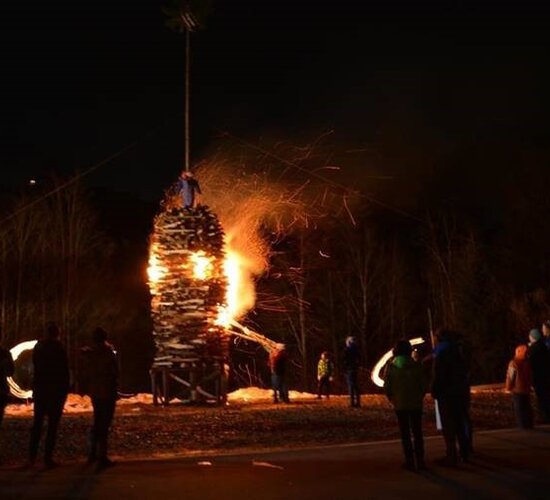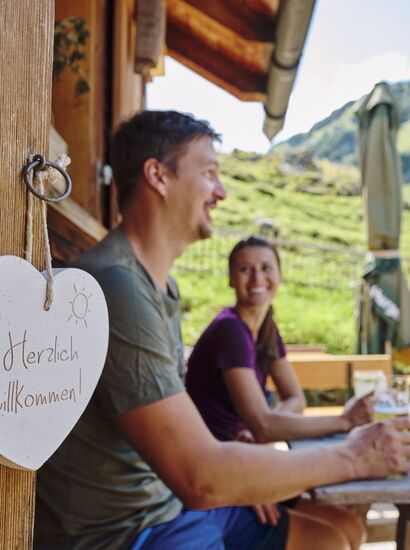The Walser People
And why they often say "uffi", "oohi" and "aähi"
In the 13th and 14th centuries, people were forced to leave their homes in the Swiss canton of Valais. The reasons for this have not yet been fully researched. Overpopulation and poor harvests may have been the decisive factors. The hope of better opportunities to farm and feed their families may have been the driving force. The term Walser stands for people from the Valais and is first mentioned in a document from 1313 in Vorarlberg.
They settled in as yet uninhabited areas, scattering their houses and farms across the steep slopes of the valleys. They also arrived in the Grosses Walsertal, a narrow mountain valley with bold slopes. And they made it their new home. One of the things they brought with them was their own language, the Walser dialect. Uffi (upwards), oohi (downwards) and aähi (across) are common expressions that may be difficult for foreigners to understand, but are often used by the Walser people, as things rarely go straight ahead here.
You can find out more about the history and present-day Walser community here:
A portrait of people from the Großes Walsertal
Museum Großes Walsertal
The Museum Großes Walsertal in one of the oldest houses in Sonntag offers exciting insights into the history of the Walser people and presents 15 rooms full of evidence of their lives as well as changing special exhibitions.

From mystical traditions
From winter into spring: the symbolic power of “Funkensonntag” and its vibrant traditions in the villages of Vorarlberg.




